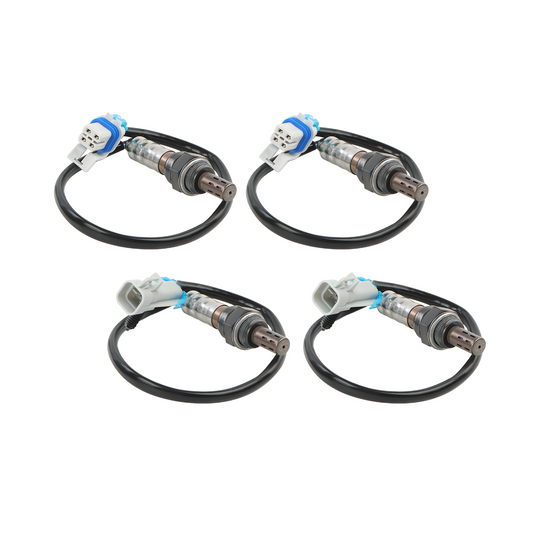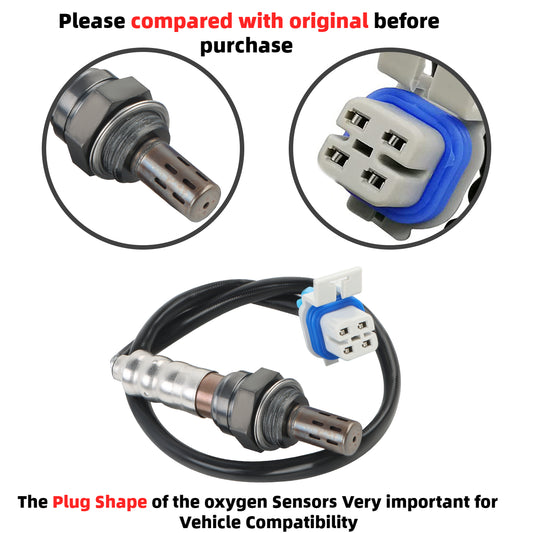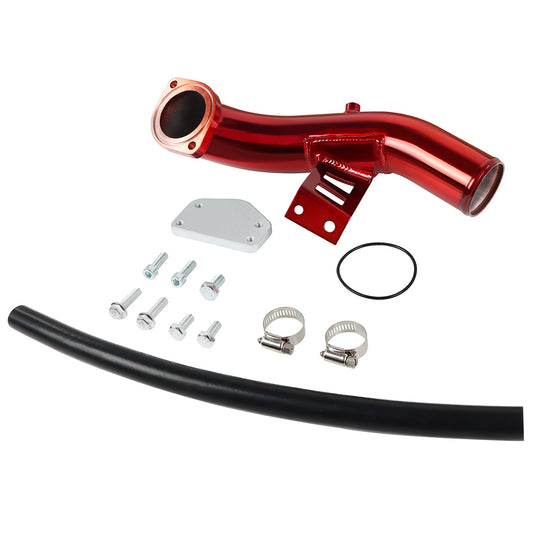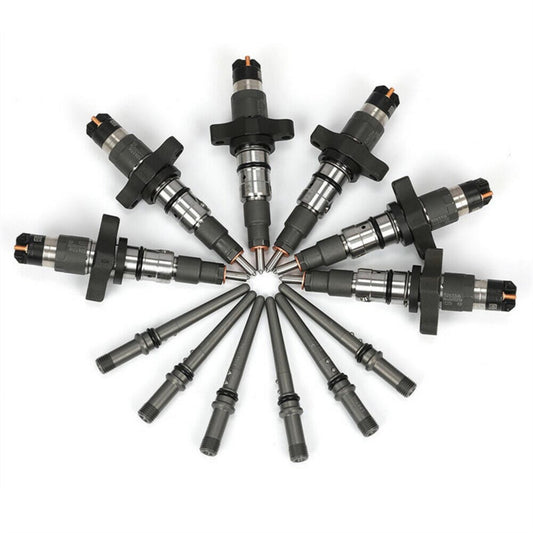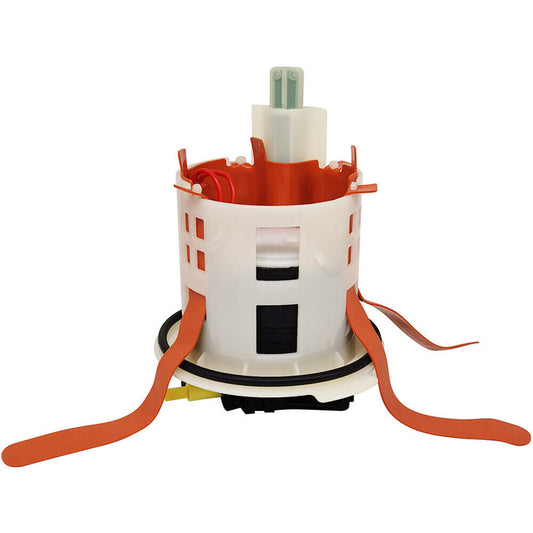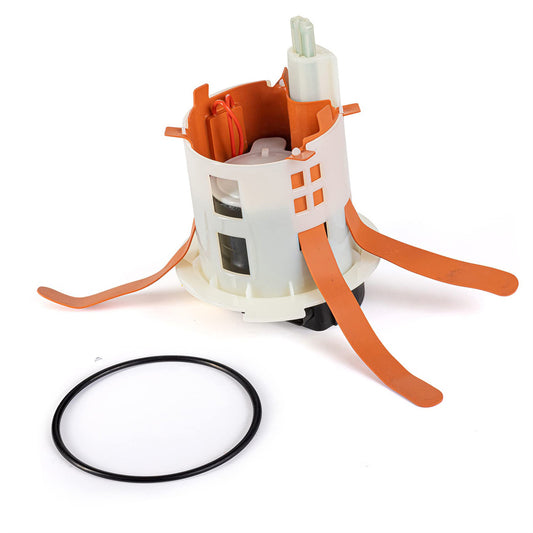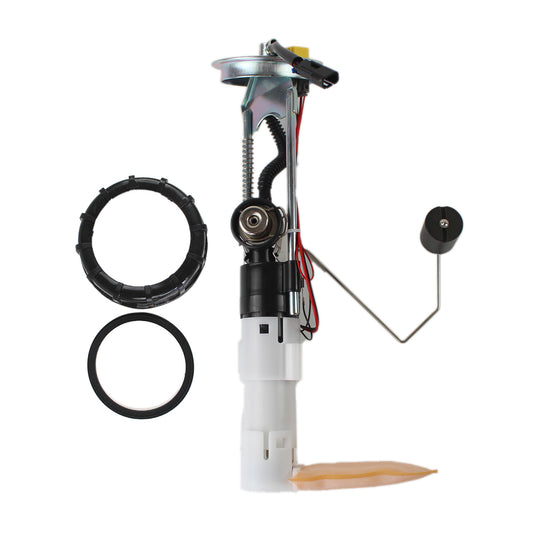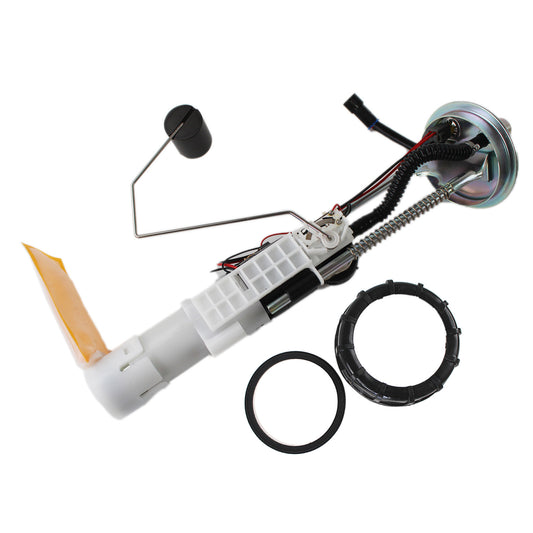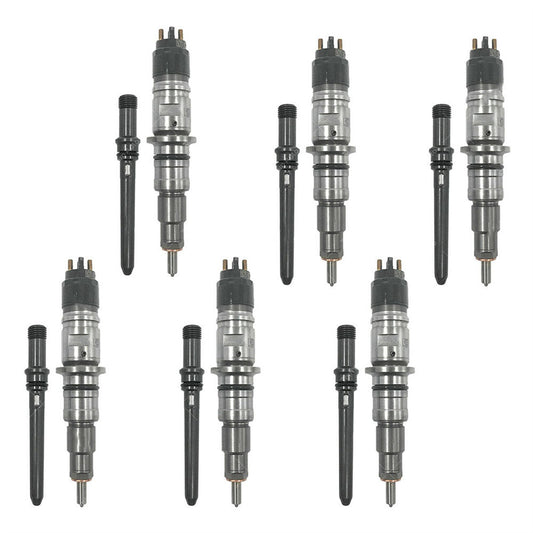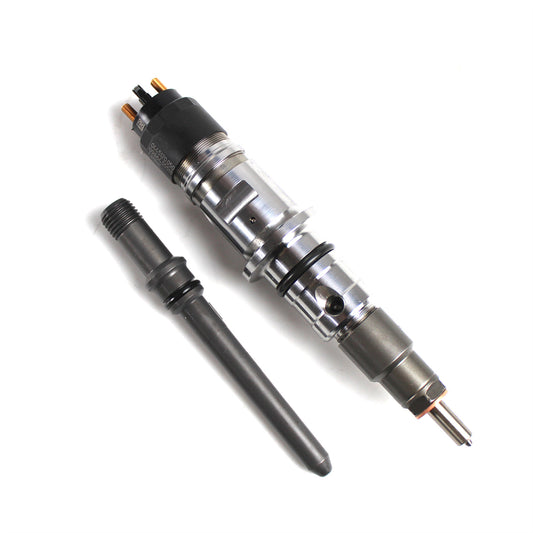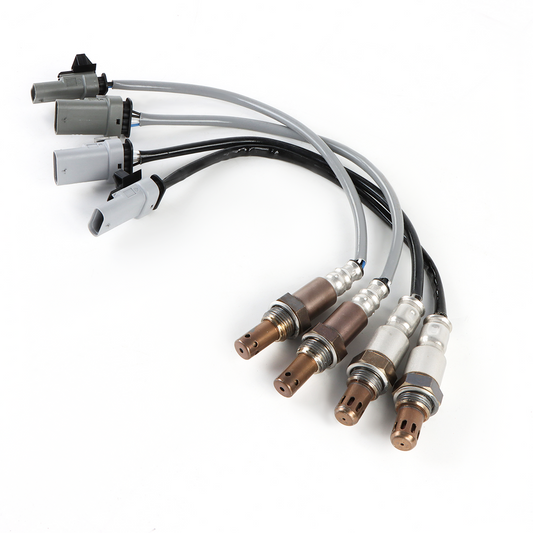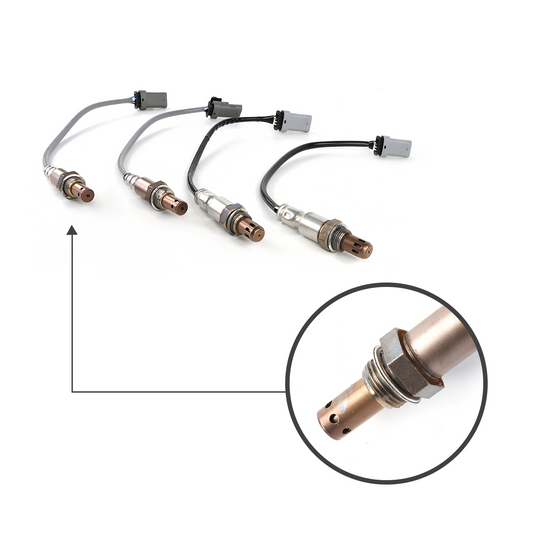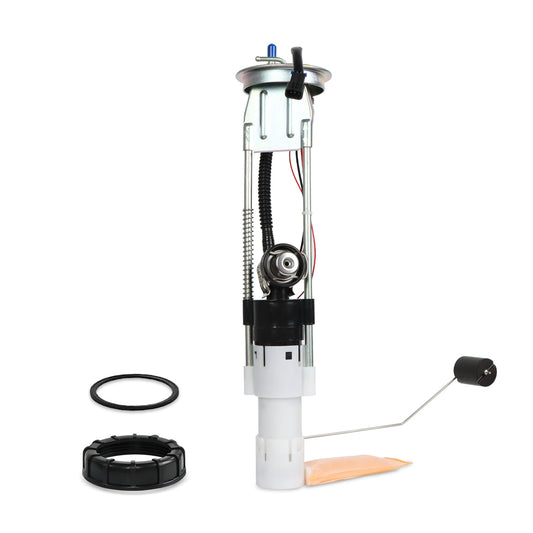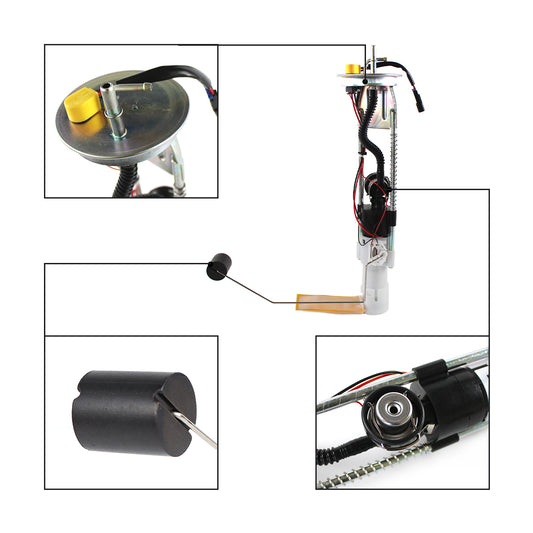How to Check if Your Power Steering Pump is Bad
Have you ever been behind the wheel and felt an unusual heaviness in your steering, as if the road itself is resisting your every turn? Or perhaps, amidst your daily commute, you've noticed an unwelcome companion: a persistent, high-pitched squeal accompanying your every maneuver. These unsettling experiences could be clear indicators that your power steering pump is grappling with underlying issues. In this article, we will embark on a journey to help you identify the subtle signs that herald a failing power steering pump. Furthermore, we'll provide you with valuable insights on how to confirm the issue and what steps you can take to resolve it. If any of the following scenarios resonate with your recent driving experiences, it's time to pay some attention to your power steering pump.
Part 1: Symptoms of a Bad Power Steering Pump
A bad power steering pump can manifest through various symptoms that can make your driving experience less than pleasant. Here are some common indicators of a failing power steering pump:
Difficulty Turning the Wheel: One of the primary signs is an increased effort required to turn the steering wheel. You may notice that it becomes notably harder to maneuver your vehicle, especially at lower speeds or when stationary.

Unusual Noises: Listen for whining or squealing noises when turning the steering wheel. These sounds often occur due to low power steering fluid levels or pump wear.
Fluid Leaks: Check under your vehicle for any power steering fluid leaks. Puddles or drips near the front of your car could indicate a leak in the power steering system caused by a damaged pump or hose.
Steering Wheel Vibrations: Vibrations or shuddering in the steering wheel can be indicative of a power steering pump problem. This may also be accompanied by erratic or jerky steering.
Part 2: How to Confirm the Issue
To confirm whether your power steering pump is indeed the source of the problem, follow these steps:
Check Power Steering Fluid Level: Start by opening the hood of your vehicle and locating the power steering fluid reservoir. Ensure that the fluid level falls within the recommended range. Low fluid levels can indicate a problem with the power steering pump.

Inspect for Fluid Leaks: Examine the area around the power steering pump, hoses, and connections for any signs of power steering fluid leakage. Puddles or wet spots on the ground beneath your car may indicate a leak.
Listen for Unusual Noises: Start the engine and turn the steering wheel while listening for any unusual sounds. Pay attention to whining, squealing, or groaning noises, as these can be signs of a malfunctioning power steering pump.
Feel for Steering Difficulty: While driving, take note of any increased difficulty in turning the steering wheel. A heavy or hard-to-turn steering wheel, especially at low speeds or when stationary, can indicate a problem with the power steering pump.
Check the Power Steering Belt: Inspect the power steering belt for signs of damage, wear, or improper tension. A loose or damaged belt can affect the pump's performance.

Scan for Warning Lights: If your vehicle is equipped with electronic power steering, check the dashboard for any warning lights related to the power steering system. These lights may indicate an issue that has been detected by the vehicle's computer.
Consult a Professional: If you are uncertain about the diagnosis or if you suspect a problem with the power steering pump based on the above checks, it's advisable to consult a qualified automotive technician or mechanic. They can use diagnostic tools and their expertise to accurately assess the condition of the power steering pump.
Part 3: How to Resolve the Problem
Once you've confirmed a faulty power steering pump, it's crucial to address the issue promptly to ensure safe and comfortable driving. Here are the steps to consider:
Replace the Power Steering Pump: If the pump is indeed the problem, it may need replacement. Consult your vehicle's manual or a trusted mechanic to determine the right type of power steering pump that matches your car's make and model.
Seek Professional Inspection: If you're unsure or uncomfortable with the replacement process, it's advisable to seek professional help. Certified mechanics have the expertise and tools to perform the job correctly.
Regular Maintenance: To prevent future issues, adhere to regular maintenance schedules. This includes checking power steering fluid levels and addressing any leaks promptly.
Part 4: Choosing the Right Replacement
When it's time to select a replacement part for your vehicle, like the power steering pump, quality matters most. Your steering system's performance directly affects your driving experience and safety, so opt for a trusted supplier that prioritizes. In this regard, we invite you to explore Daysyore's offerings. Our dedication to quality and customer satisfaction makes us a reliable choice for your automotive needs. With Daysyore, you're not just getting a product; you're getting an assurance of excellence.When you choose Daysyore for your power steering pump needs, you can expect:
Rich Selection: We provide an extensive catalog of power steering pumps, ensuring that you find the perfect fit for your vehicle, including Dodge, Chevrolet, Honda, Hyundai, and more.
Compatibility: Our pumps are designed to work seamlessly with various car brands, making it convenient for you to find the right match.
Ease of Installation: Daysyore power steering pumps are user-friendly and come with installation instructions, allowing for hassle-free setup.
Quality Assurance: We stand behind the quality of our products, offering 12 warranties to give you peace of mind.
Personalized Service: At Daysyore, our commitment to your satisfaction goes beyond just providing top-quality parts. You can even send us your vehicle's make, model, and OE number to our customer service team, and we'll help you find the exact product you need.
By choosing Daysyore, you're choosing reliability, performance, and a smoother driving experience. Don't compromise on your vehicle's steering system—opt for Daysyore power steering pumps.
Conclusion: Take Control of Your Steering
Your power steering pump plays a vital role in ensuring a smooth and effortless driving experience. Recognizing the signs of a failing pump and taking prompt action can help you maintain control over your steering and ensure a safer and more comfortable journey. If you've encountered any of the symptoms mentioned in this article, don't hesitate to addre ss the issue and keep your vehicle in optimal condition.
We encourage you to share your thoughts, experiences, or questions in the comments below. Have you ever faced a power steering pump issue, and how did you resolve it? Your insights can be valuable to others dealing with similar challenges.


